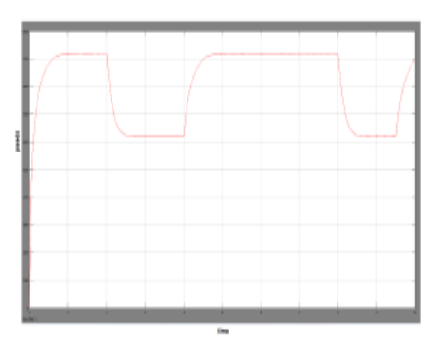


Indian Journal of Science and Technology
DOI: 10.17485/IJST/v16i25.1166
Year: 2023, Volume: 16, Issue: 25, Pages: 1910-1917
Original Article
Rakhi S Ambhore1*, Yogesh B Mandake2, Deepak S Bankar3
1PG Student, Department of Electrical Engineering, Bharati Vidyapeeth (Deemed to be University), College of Engineering, Pune, India, India
2Assistant Professor, Department of Electrical Engineering, Bharati Vidyapeeth (Deemed to be University), College of Engineering, Pune, India, India
3Professor and Head, Department of Electrical Engineering, Bharati Vidyapeeth (Deemed to be University), College of Engineering, Pune, India
*Corresponding Author
Email: [email protected]
Received Date:03 June 2022, Accepted Date:28 March 2023, Published Date:27 June 2023
Objectives: With concerns about energy efficiency, Switched Reluctance Motors (SRM) have piqued the interest of researchers in the fields of Electric Vehicle (EV) due to their robust construction, fault-tolerant operation, high starting torque without the problem of excessive inrush current, and highspeed operation. The goal of this research is Simulation and Analysis of Performance of SRM by Using Different Controller that is fuzzy logic controllers. Methods: This study represents a new modified fuzzy-pi controller (MFPI) and Adaptive Neural Fuzzy Interference System (ANFIS) modelled on a high power Switched Reluctances Motor for applications. The simulation was carried out using MATLAB, the different parameters included speed control of SRM by ANFIS and FUZZY LOGIC and FUZZY PI Controller. The comparisons are carried out in terms of the Variation Without Controller, Variation With Fuzzy Logic Controller, Variation With Fuzzy Pi Controller and Variation With Anfis Controller. Findings: The motor speed was regulated by the standard fuzzy- PI (FPI) and ANFIS controller after designing a non-linear model of SRM. The fuzzy logic controller gives a perfect speed tracking without overshoot and enhances the speed regulation. Also, ANFIS is used in this model to control the speed regulation. From the result it can be concluded that the speed can regulate fast and accuracy by ANFIS. It was observed that the maximum torque obtained at 5s is 49N-m for Variation Without Controller. Current (For Three Phases) was found ith maximum variation at 8s is 17A in case of Variation With Anfis Controller. Initially speed with maximum value is 9100rpm and at 8s 6200rpm with oscillation only at starting in case of Variation With Anfis Controller. Novelty: This study presents a new approach that combines fuzzy logic, fuzzy PI, and ANFIS controllers for achieving optimum reference tracking for SRM drives. The use of these controllers improves speed regulation and offers accurate speed tracking without any overshoot. This approach is not commonly reported in the literature and represents a unique contribution to the field of SRM control. Additionally, the simulation results demonstratethe effectiveness of the proposed approach in achieving better speed control compared to state-of-the-art techniques.
Keywords: Switched Reluctance Motor; Hysteresis Current Controller; Fuzzy Logic Controller; ANFIS Controller & Torque Control
© 2023 Ambhore et al. This is an open-access article distributed under the terms of the Creative Commons Attribution License, which permits unrestricted use, distribution, and reproduction in any medium, provided the original author and source are credited. Published By Indian Society for Education and Environment (iSee)
Subscribe now for latest articles and news.